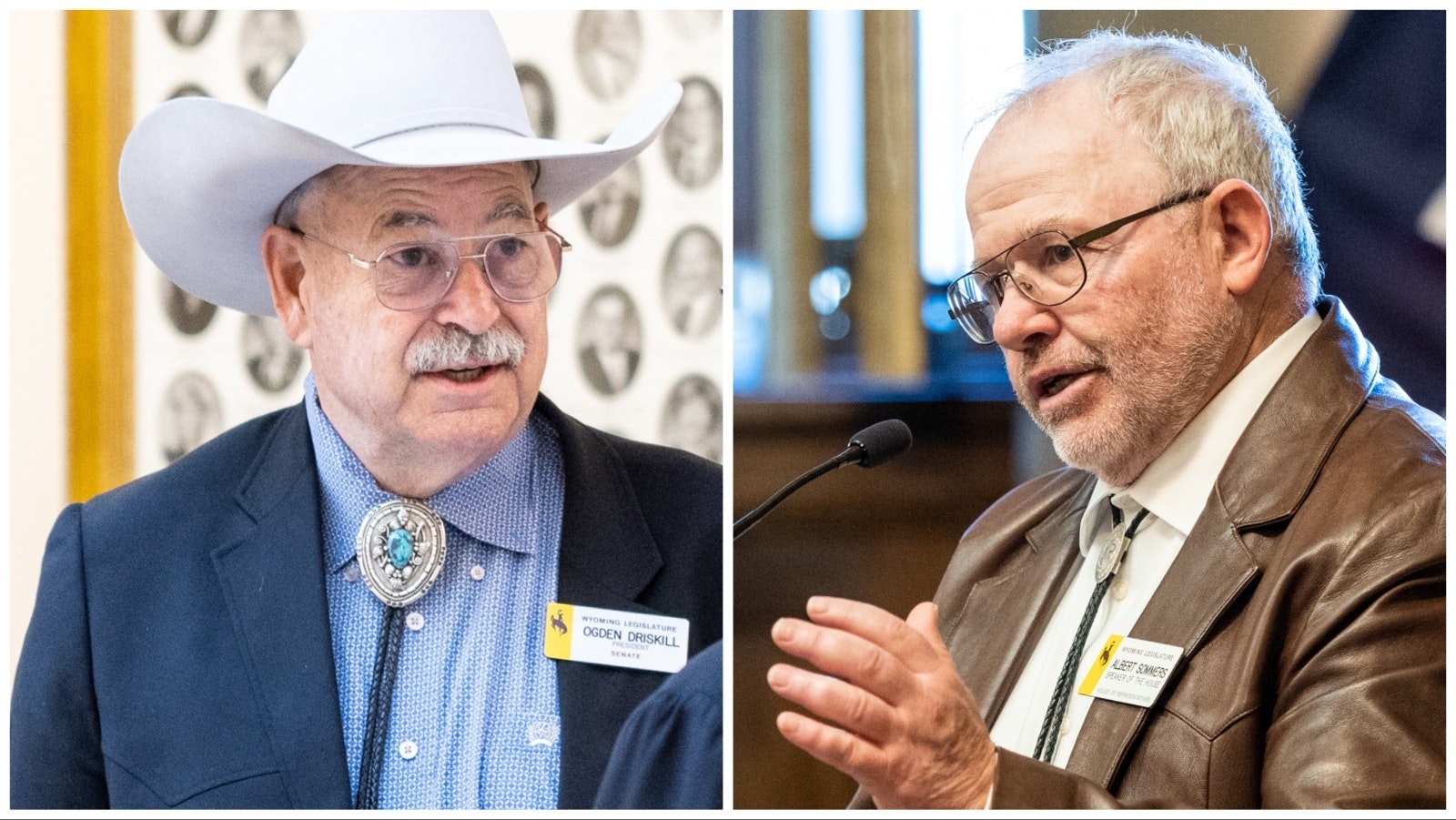Following the release of Gov. Gordon’s vetoes on bills passed during the 2024 Budget Session, we have read requests from certain members of the Legislature to convene a special session.
As the Presiding Officers of the 67th Legislature, we are also disappointed in the governor’s liberal use of his veto authority and tone of his veto messages. However, a special session is unlikely to effectively address the governor’s vetoes.
The Legislature cannot simply meet for one day in a special session to vote to override vetoes. With the Majority Floor Leaders in both chambers motioning to adjourn “sine die” and gaining approval from the members present, all bills and actions of the 2024 Budget Session by the Legislature are finished.
We do not recall the legislators who are now clamoring for a special session formally asking us or the chambers to utilize our three extra days. The very legislators who are asking for a special session created delay after delay during the budget session by asking for roll call votes, trying to resurrect zombie bills, bringing procedural motions, and filibustering debate.
Simply put, they squandered precious time in a budget session where time is our enemy. We had plenty of time in our established calendar to pass bills and do veto overrides.
In fact, we created a calendar where budget debate began on the first week of session, for the very purpose of having enough time to resolve our differences in a conference committee and do veto overrides on the budget.
In a special session, unless the rules of the Legislature are suspended, there would be no control over the bills brought to the session. Bills must follow the standard legislative process: introduced, referred to committee, and heard on three separate days in each house.
Then a joint conference committee must resolve differences before bills return to the governor for his signature or veto. The Legislature would need to be in session to receive any veto message and then vote by two-thirds majority to override any vetoes of bills adopted during the special session.
Realistically, a special session would require eight to ten days and cost approximately $35,000 a day. Should we spend $350,000 of taxpayer money because we couldn’t get our job done within the calendar that we had agreed upon?
This call for a special session appears to be political grandstanding for upcoming campaigns, not responsible governance. Wyoming taxpayers shouldn’t have to pay for that.
As we mentioned on Friday, after the governor’s veto of Senate File 54, we cannot call a special session fast enough for the Department of Revenue and the counties to effectuate additional property tax relief this year.
Due to the fact that property tax relief cannot be addressed in a special session, we cannot justify calling ourselves into one for matters better suited to the 2025 General Session.
In Wyoming, we are committed to our citizen legislature. Meeting in special session for two weeks is a burden on legislators, staff and their families and should only be called upon when a critical need requires it.
What is needed now is not to come into special session to rehash old ideas, but to charge our legislative interim committees with developing bills with input from all interested parties and address the needs of Wyoming.
Management Council will meet on April 1 to begin that process of developing sound legislation for introduction at the 2025 General Session. We look forward to our legislative committees working around the state this interim, taking your input and suggestions to find Wyoming solutions for Wyoming problems.
Albert Sommers is the Speaker of the House and has served In the Legislature since 2013. Ogden Driskill is the President of the Senate and has served in the Wyoming Legislature since 2011.





